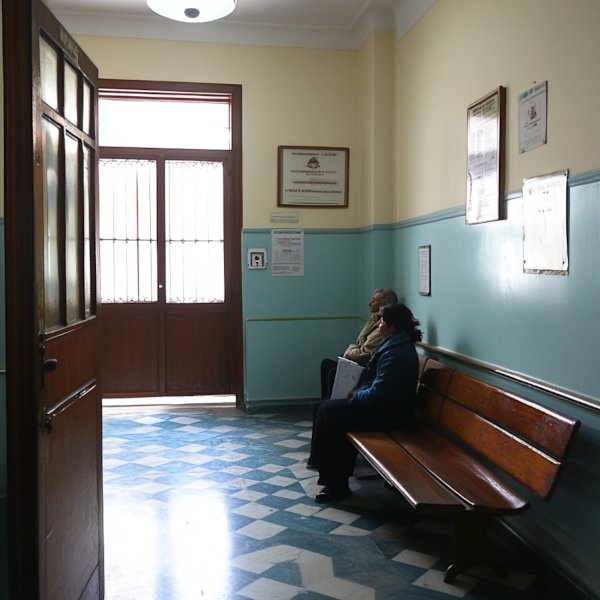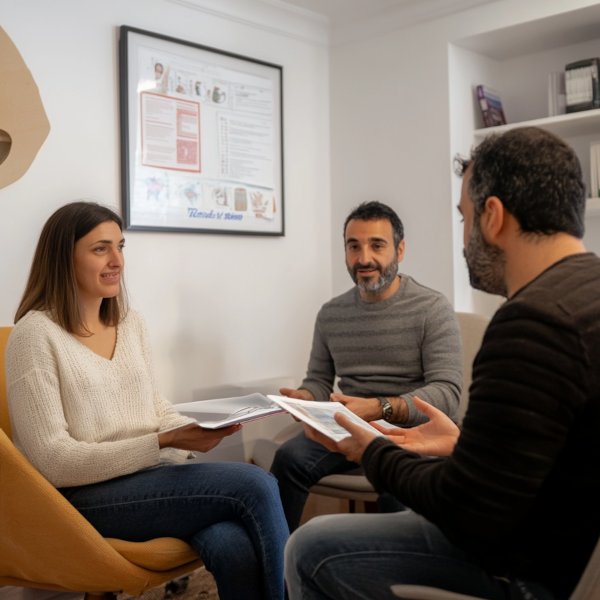Spain has a high-quality healthcare system, ranking only behind Denmark in a recent study of European healthcare. The country’s universal health care, Sistema Nacional de Salud (SNS), is funded by social security contributions. The system ensures that everyone, even if they are not a citizen of Spain, has access to essential healthcare services.
There are no copays for doctor visits. Most tests, services, and procedures are funded by the public system. Ambulance usage might render fees if the situation is deemed non-life-threatening.
Upon registering with the national health service and receiving a health card, anyone seeking medical services will have most expenses covered, including doctor visits, hospital stays, prescription medications, and other healthcare services at a low-cost. SNS does not include dental care if you are over 15 years old.
Emergency medical care is available to everyone, regardless of nationality or ability to pay.
You may also purchase private healthcare for quicker access to medical treatment, a wider range of services, and more personalized care. Despite the existence of universal health care, international students will need to purchase some form of health insurance before arriving to meet visa requirements.
EU citizens are eligible for SNS benefits as long as they have a European Health Insurance Card (EHIC). The card is free, but must be applied for prior to traveling to Spain.
Citizens of non-EU countries must take out a private health insurance plan before departing for Spain.
Some countries including Peru, Andorra, Brazil, Ecuador, and Chile have mutual health provision agreements with Spain, thus citizens of these countries are entitled to receive basic healthcare. Although these citizens are granted care through Spain’s system, private health insurance is still highly recommended.
Medical evacuation and repatriation are not included through SNS, so you may want to consider travel insurance as well.
Mental healthcare services are available through public and private insurance.
Schedule an appointment with your General Practitioner (médico de cabecera) who may provide a prescription or a referral to a specialist. Certain procedures and treatments are not covered by public insurance.
If you have private insurance, you can go directly to a specialist without a referral from your GP. As private health insurance offers a wider range of medical professionals and reduced waiting times for treatment, you have the liberty to choose your own therapist who speaks your preferred language. It’s important to check with your insurance company to understand what mental health care coverage is included and where you can go for attention.
Although SNS is fairly comprehensive, accessing a gynecologist through public healthcare can prove slightly difficult. A referral from your GP is necessary to see a public gynecologist. Selecting the healthcare professional yourself is not guaranteed and yearly check-ups are typically not covered.
Many people in Spain opt for private healthcare when it comes to gynecologists and obstetricians. You can set up an appointment with your healthcare professional of choice, and have a wider variety of treatment and procedure options.
Free testing for STI (Sexually Transmitted Infections) and STD (Sexually Transmitted Diseases) are available at a local medical health center with a referral from your GP. You may also receive these tests at your gynecologist office. A helpful resource is The Open House Medical Center. There are clinics in Madrid and Valencia, but they also offer over-the-phone consultations (English option) and either in-person or at-home testing.
Sanitary products and contraception are widely available throughout Spain. You can purchase sanitary pads and tampons at most supermarkets and pharmacies. The same goes for condoms. Emergency contraception, Plan B, is available for purchase at a pharmacy without a prescription. Birth control pills are available with a prescription and over-the-counter for individuals aged 15 and older. Although contraceptive pills are reasonably affordable, having a prescription decreases the price. Other preventative contraception such as patches, vaginal rings, and IUDs require a prescription.
IVF treatment is readily available in Spain. The coverage for treatments varies depending on the Autonomous Community region, so check with your GP to clarify the cost. Private fertility clinics often offer free consultations and no waiting lists.
Abortion is legal in Spain until the 14th week of gestation. If the mother or fetus faces serious health risks, the legal abortion period is extended to 22 weeks. Otherwise, terminating a pregnancy is only allowed if doctors detect a dangerous or fatal disease or if the fetus is incompatible with life.
In December of 2022, Spain passed a pioneering sexual and reproductive health law, stating that 16 and 17 year old girls do not need parental consent to get an abortion. The law also introduces state-funded paid leave for painful menstrual periods.
If you are studying abroad in Spain, take comfort in knowing that you reside in a nation that advocates for women’s bodily autonomy and accessible resources for reproductive and sexual health.

